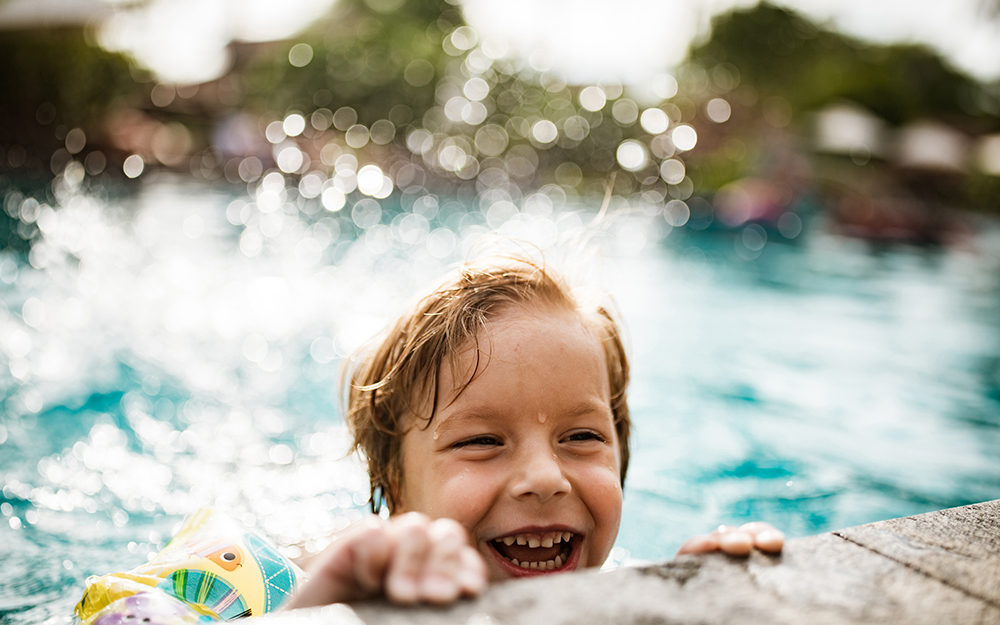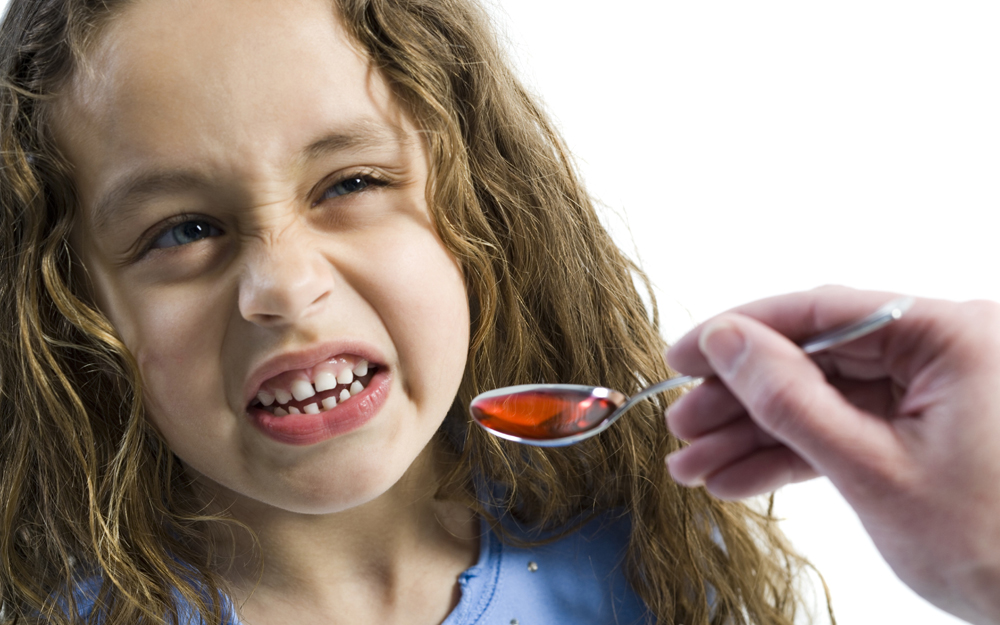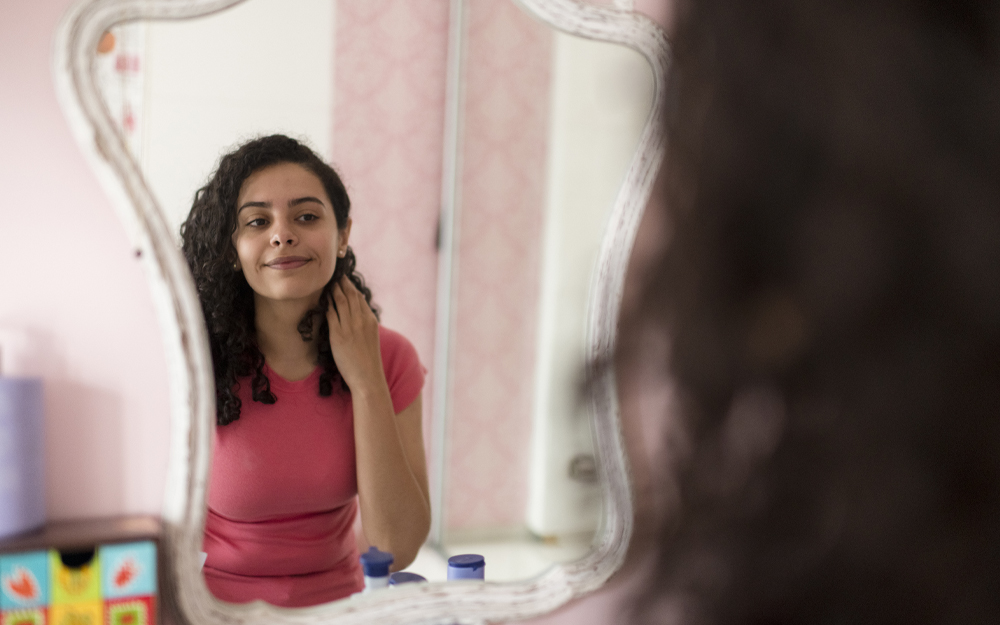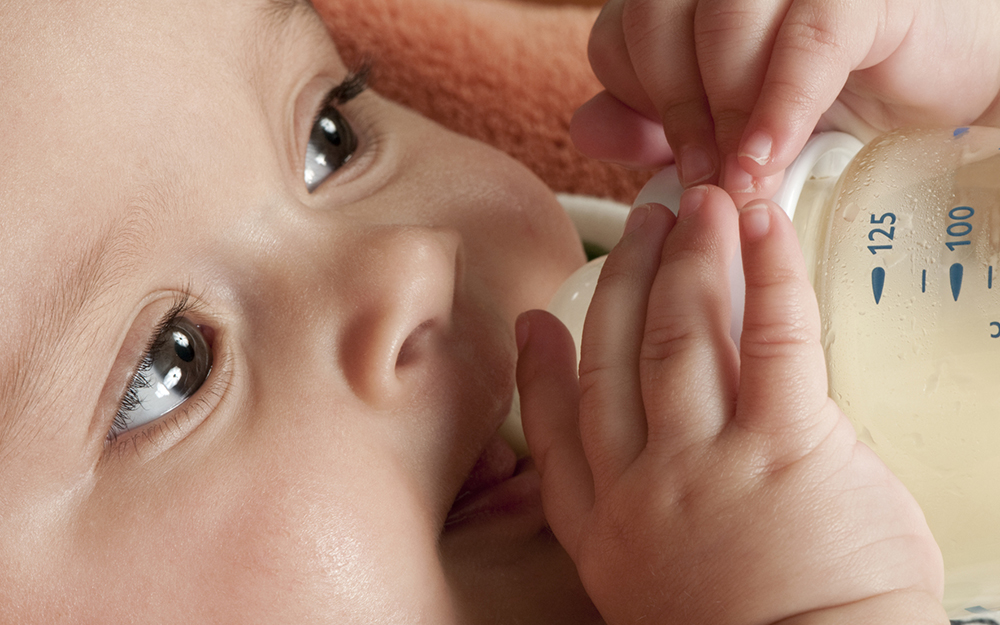Swimmer's Ear: What It Is & What to Do About It
Date
May 14, 2018
Credits

Date
May 14, 2018
Credits
Medical providers featured in this article
In Brief
{{cta-block}}
Swimmer's ear can put a temporary stop to the summertime fun of splashing around in the pool.
The first sign of infection is often simply muffled hearing, but if left untreated it can become very painful.
So why does this common summertime ear condition cause so much discomfort for kids and adults alike? We sat down with Cedars-Sinai pediatrician Dr. Karina Eastman to find out.
{{providers}}
What is swimmer’s ear?
Swimmer's ear is really just a common outer-ear infection caused by bacteria or fungi inside the ear.
The amount of water doesn't matter. It’s about creating the right environment for the bacteria to grow.
It's often referred to as "swimmer's ear" because water trapped inside the ear canal can make it more prone to infection. The amount of water doesn't matter. It's about creating the right environment for the bacteria to grow, says Dr. Eastman.
In fact, the ear doesn't even need to get wet for an outer-ear infection to develop.
A tear or other damage in a dry ear canal can lead to the same infection. Eczema, aggressive ear cleaning, or a foreign object in the ear can also increase the risk of "swimmer's ear."
Symptoms of swimmer's ear?
Swimmer's ear usually develops over a couple of days. At first hearing may be muffled, and as the infection progresses the ear canal may start to itch and the whole ear could turn red. Then comes the pain, which may be accompanied by discharge.
"A lot of my parents say by the time the infection has settled in their kid's ear, it's too painful to touch."
"A lot of my parents say by the time the infection has settled in their kid's ear, it's too painful to touch," says Dr. Eastman.
Muffled hearing or partial hearing loss may persist throughout, but should return to normal once the infection has cleared.
How to treat swimmer's ear?
The usual treatment for mild swimmer's ear infections is over-the-counter acetic acid ear drops. Your doctor may also prescribe steroid ear drops to dry up extra moisture or antibiotics if the infection is severe.
If the ear hurts or is sensitive to touch, speak to your doctor before trying any remedies.
Tips to prevent swimmer's ear:
- Wear earplugs while bathing or swimming.
- Use caution when cleaning the ear canal.
- Gently wipe inside the ears after contact with water to keep the area dry.
Despite the pain that may come along with swimmer's ear, it's a common and treatable infection, and it shouldn't stop kids or the young at heart from having fun this summer, Dr. Eastman says.





